Egypt’s unfavourable regulatory environment has made bitcoin adoption more difficult in the North African country. Nonetheless, Egyptians are secretly buying and selling the digital currency on peer-to-peer exchanges while a hidden network of cryptocurrency miners has emerged to take advantage of cheap energy to stealthily mine bitcoins.
Egypt’s Underground Bitcoin Mining Scene
Globally, people are using their computers to mine bitcoin. However, in Egypt bitcoin miners operate under a veil of secrecy. Bitcoin miners have established an underground network away from the public eye, with only a few even willing to speak to the media.
The bitcoin underground is fuelled by market regulators whose negative stance towards cryptocurrencies has made it difficult for bitcoin traders and miners to go about their activities. The Central Bank of Egypt refuses to accept digital currencies and recognizes only the Egyptian pound as legal tender. While transacting in cryptocurrencies such as bitcoin is not illegal, the authorities are seemingly willing to take action against any bitcoin-related activities within its jurisdictions.
Speaking to Cairo Scene under a pseudonym, Hussein, a bitcoin miner, argues the law is rather ambiguous when it comes to bitcoin and thus most people are concerned about being discovered.
“I believe what I’m doing is legal. When people get arrested for mining it’s usually because they’re caught with black market foreign currency exchange, or they’re forging money and they just happen to have mining rigs or bitcoin on them. The authorities see this and therefore associate cryptocurrency with illegal activity,” he stated.
Therefore, it makes sense that the mining community would adopt a defensive attitude. What is puzzling is bitcoin is not technically off-limits so why go to such great lengths to remain concealed? Hussein explains,
“The recent statements they’ve given say mining is not illegal, but it can get you into trouble for sure. I think the administration is trying to understand cryptocurrency, but they’re still in the process of learning more. I’m 99 percent sure that if they knew more about it, it’d be fully legalized in Egypt…. Legal like in Japan, the US, England, Europe, legal like in most countries.”
How is Bitcoin Mined in Egypt?
Bitcoin mining is the process where miners contribute their computing power to solve complex algorithms to confirm and process transactions on the bitcoin blockchain. For that, they are rewarded with fresh bitcoins. The higher the computing power the larger the reward. This is why mining farms have been created, hosting scores of computers with extra processing power to earn more bitcoins.
Currently, Ethereum is the most frequently mined cryptocurrency in Egypt on account of it being the most profitable mining option and its mining hardware being easily accessible locally. Bitcoin is usually mined through special hardware called ASICs whereas Ethereum is mined through graphics cards (GPUs), which is a standard for gamers and video editors who require heavy processing capabilities.
However, the reality of mining in Egypt is quite different from the usual set up found in other countries. Spread across the busy metropolis of Cairo are multitudes of hidden farms where digital currencies are mined every day. You will discover the people who participate in the mining are not your typical hackers or tech aficionados typing away late into the night.
A perfect example would be Hussein, who is a former economics student, but decided to try his luck in the male-dominated bitcoin mining scene. A spot check across Egyptian digital currency interest groups on Facebook and Whatsapp also reveal very few women in the bitcoin space.
Having said that, despite the community being composed of different professions such as economists, doctors, entrepreneurs, and coders, they are united by the prospect of cashing in on bitcoin’s volatility, and the process of earning the worlds most valuable cryptocurrency through mining. The question then arises, why Egypt of all places?
Lower Mining costs in the Form of Cheap Electricity
The typical mining setup includes a PC working at all hours converting maths into money. The process requires a lot of energy in order to prevent the hardware from overheating and getting damaged; since the inbuilt PC fans are not enough to handle the heat produced by the constant heavy workload. Therefore, external fans and air conditioning are required to lower the temperatures in mining farms.
Surprisingly, as demanding as it can be to keep things cool in Egypt’s arid environment, the cost of electricity is cheaper compared to other developing economies. This has encouraged the local cryptocurrency mining boom due to the low overheads involved. Hussein points out,
“Until recently, energy was subsidized, and a lot of people don’t even pay for electricity, which is sad. But that’s part of why it’s more profitable to mine in Egypt… Yes, of course, I pay my electricity bill.”
For Mohammed, a Cairo-based Ethereum miner, the mining craze is fueled by more than just cheap electricity. He believes how you pay for the energy plays a significant role in making the endeavour more lucrative. “I think it’s better to mine in Egypt because you pay your energy bills in local currency, but you get your investment back in cryptocurrency.”
He explains that bitcoin, which acts as a digital asset, has retained value more reliably than the inflation-prone Egyptian pound. That combined with the cheap energy has led to some expats to consider moving back to Egypt.
Bassem is an Egyptian who presently resides in Qatar and runs a bitcoin mining farm. He owns a fleet of ASIC machines that are optimised to mine non-stop and churn out bitcoins. He started mining in Doha on account of the free electricity being provided but has now set his sights on returning to Egypt this year. He is not that worried about leaving behind the free energy as he calculates his farm will still make a good profit once he deducts electricity costs.
What are the Benefits of Cryptocurrency Mining in Egypt
For Egyptians, cryptocurrency mining has changed their financial fortunes. A case in point would be Hussein who developed an interest in digital currencies due to his economics background. He learnt about bitcoin through YouTube videos and started mining in 2012. He then quit his job and moved back to Egypt, something that would not have been possible without the income he receives from mining digital currencies.
“[Cryptocurrency mining] has enabled me to take the time to think about my future plans, rather than worry about monthly expenses. Especially in Egypt, by mining, you can make enough money to just live. Depending on market fluctuation, a one-time 50,000 LE investment in equipment can earn the equivalent of about $400 a month.”
Hussein who is also a cryptocurrency trader insists he has made more money on cryptocurrency than investing in real estate. The new coins he earns are converted to fiat currencies by trading them at the exchanges for a profit. But not only are individuals making money out of crypto mining, local hardware dealers are cashing in on the demand for mining hardware. According to Mohammed, hardware importers are not only making good money but a number of them have joined the bandwagon and taken up mining themselves. Hussein had this to add,
“Mining in Egypt is booming, but one issue is the equipment; when the price of Ethereum spiked, demand for GPUs was high and stores couldn’t stock enough of them… Getting GPUs in Egypt is kind of like getting drugs. It’s actually easier to get drugs than to get GPUs sometimes.”
On the debate by some critics from some Muslim countries who claim that cryptocurrencies might be haram if it is viewed as making money out of nothing, Hussein had this to say, “If the monetary system is haram, then sure, bitcoin is haram,” he began. “But in my opinion, it’s not. The trading aspect is definitely not; it’s a mutual agreement, and bitcoin is equal to money, which we already use. And you can actually see a lot of religious people mining bitcoin.”
While bitcoin mining may be unappealing for most due to the high energy requirements and the technological complexity, for Egyptian cryptocurrency miners the process is quite very rewarding.
Mohammed states,
“I believe in the future of cryptocurrency – nobody can refute it. It’s already happening now, some countries are already making bitcoin official. I hope that Egypt uses it eventually. They have to know that people here are using it now, that people believe in it and put their trust in it.”
Source: CairoScene.com

 News1 year ago
News1 year ago
 News2 years ago
News2 years ago
 News3 years ago
News3 years ago
 News2 years ago
News2 years ago
 News2 years ago
News2 years ago
 Sponsored Posts3 years ago
Sponsored Posts3 years ago
 News2 years ago
News2 years ago
 News2 years ago
News2 years ago
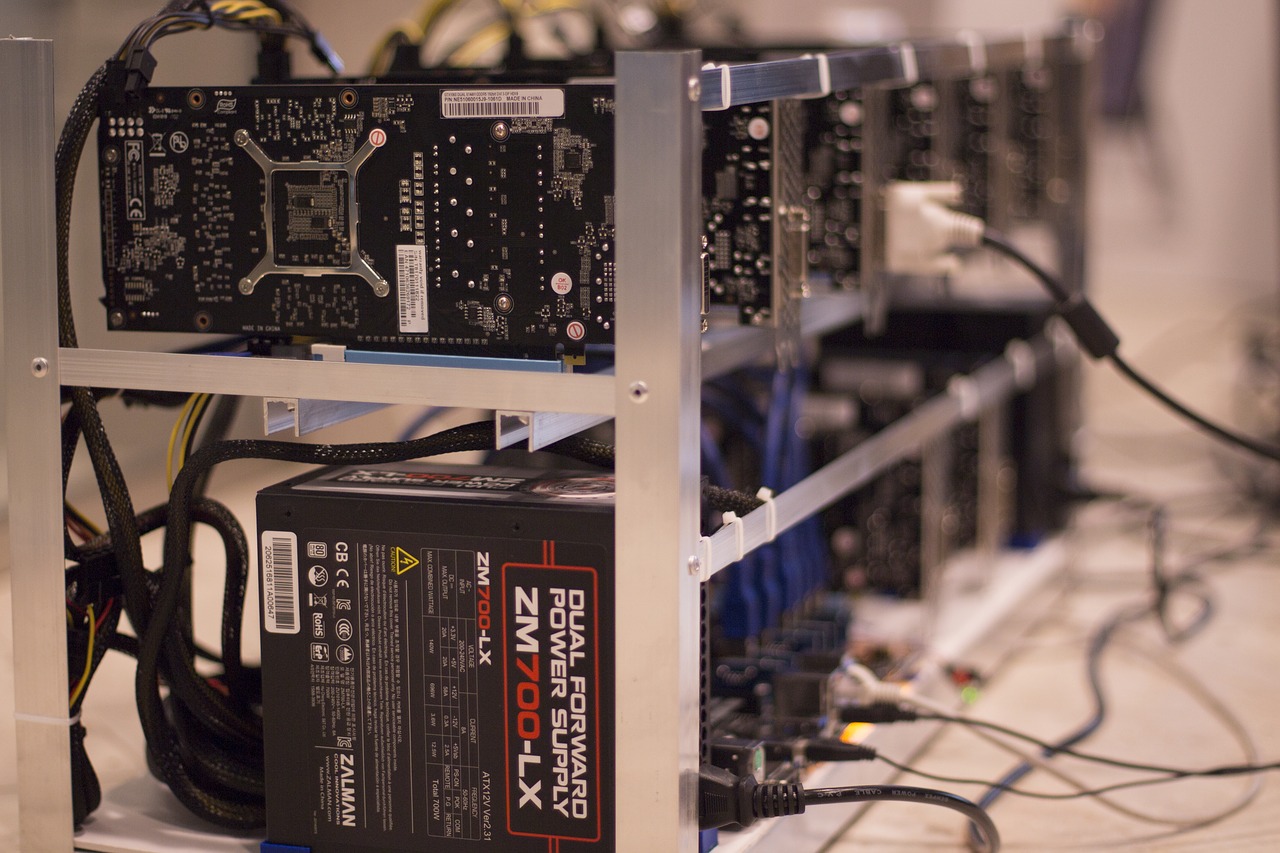




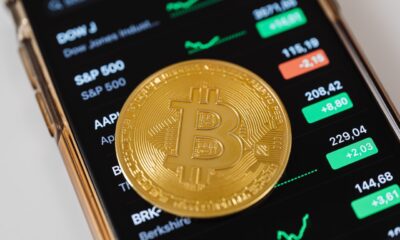







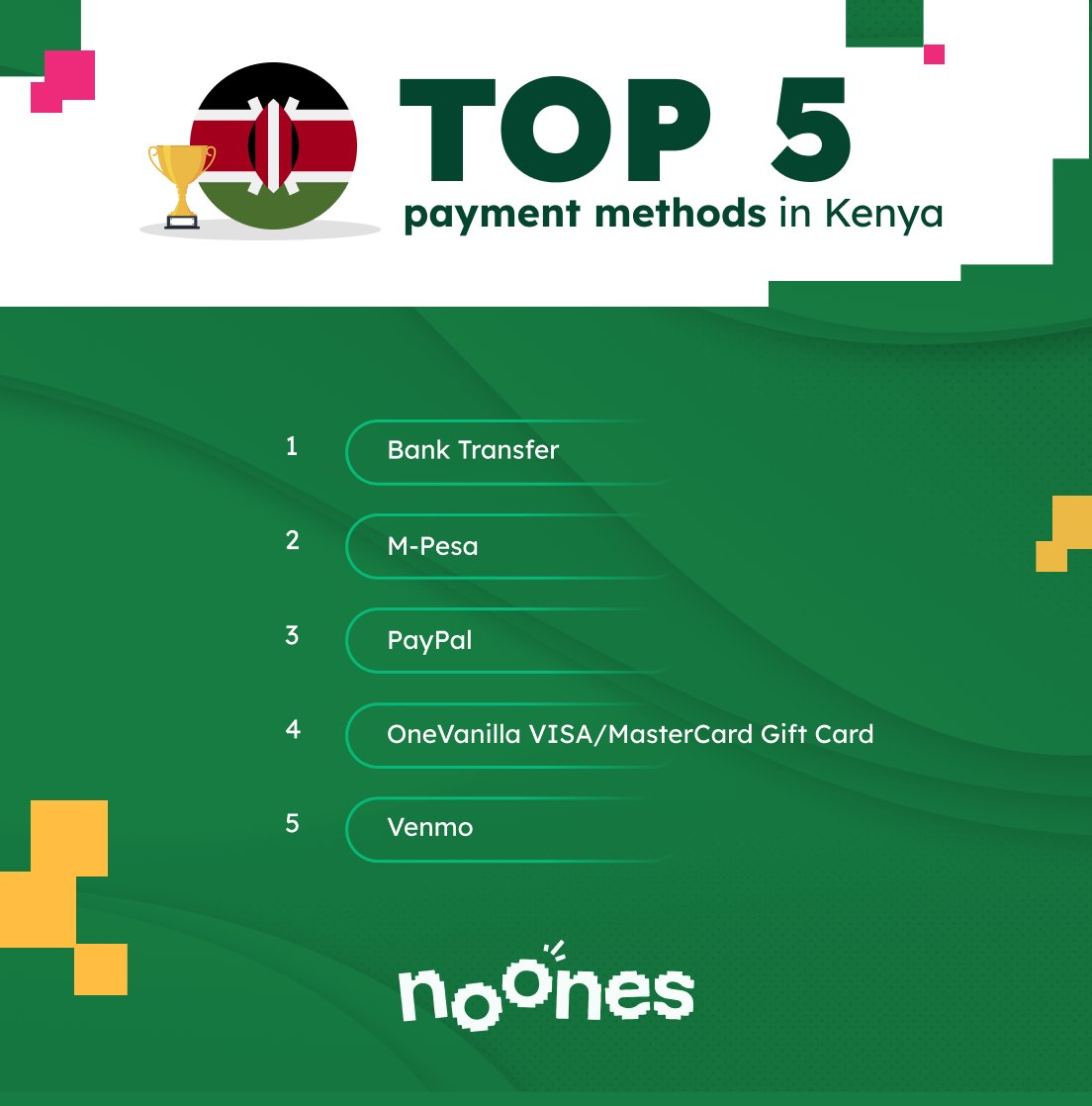
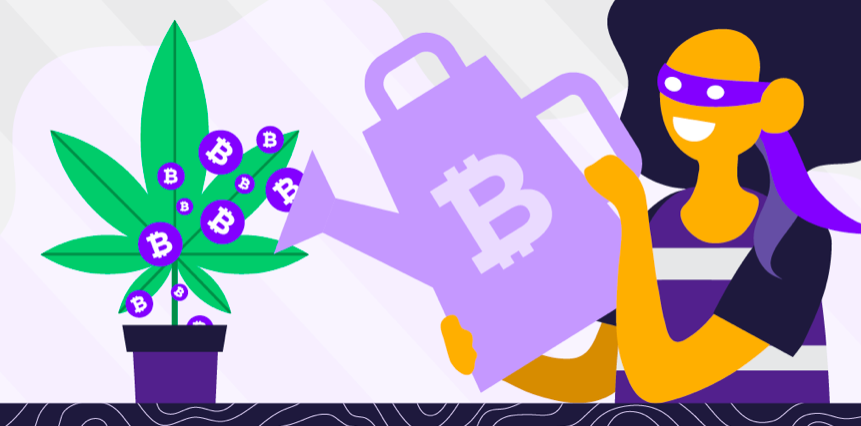

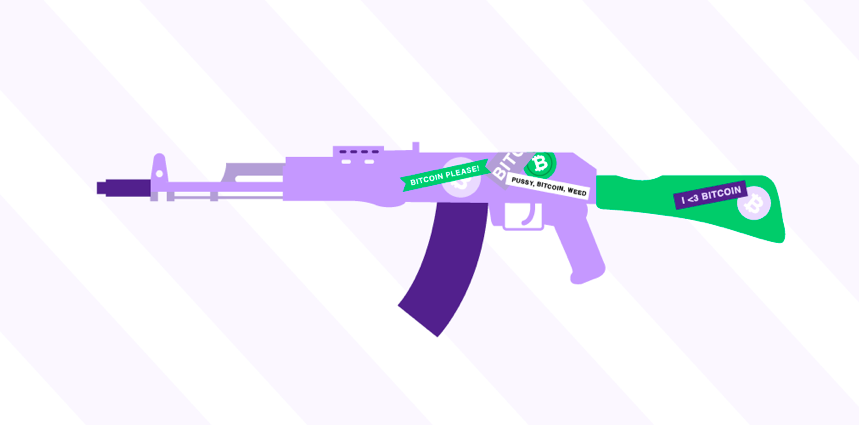
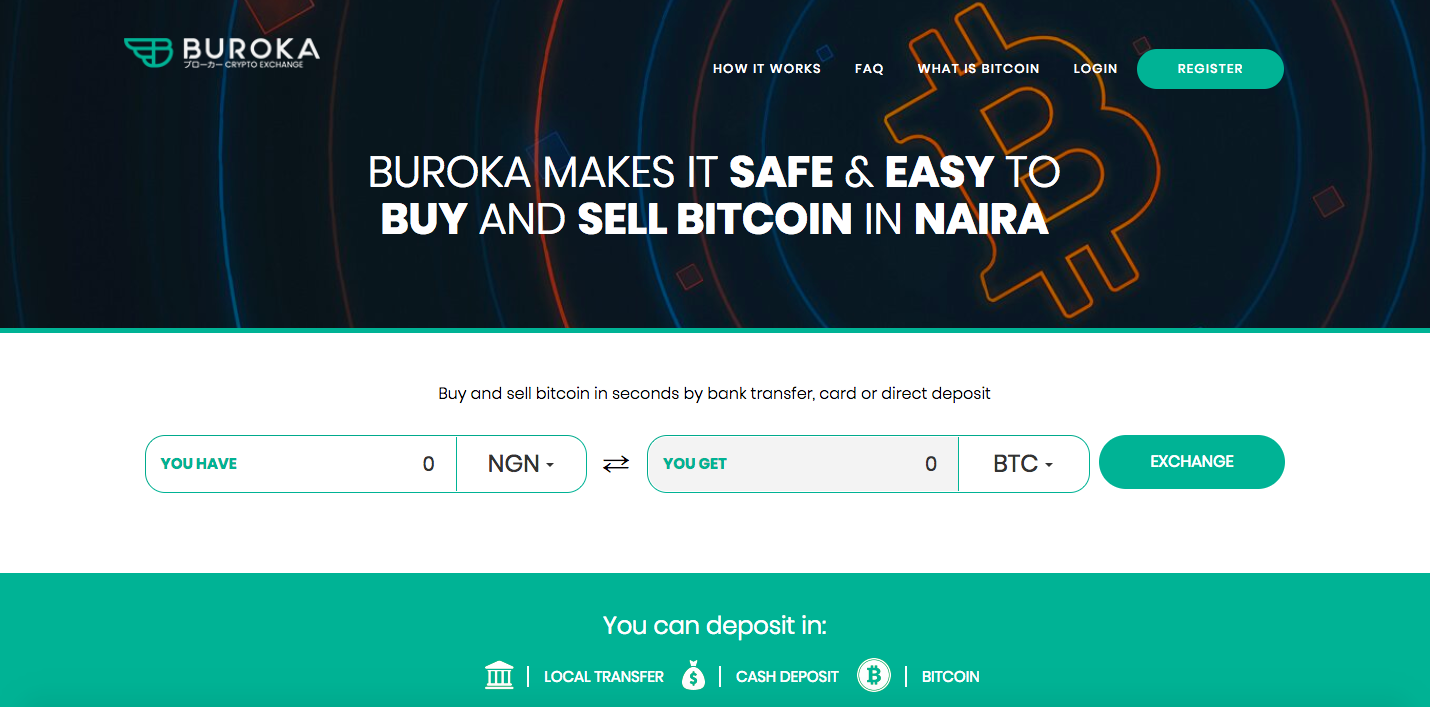
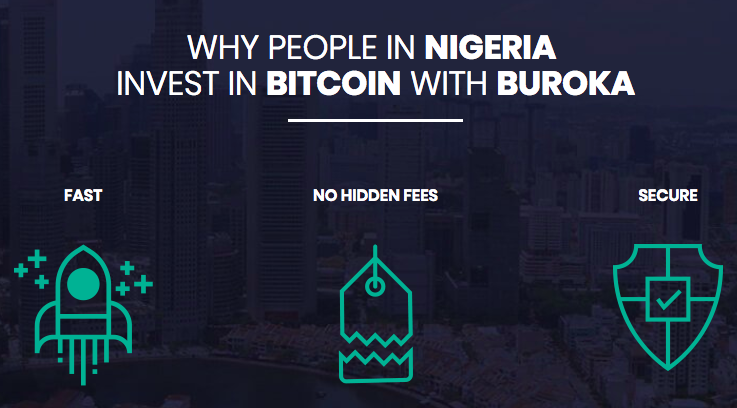 Buroka exchange makes use of Two-Factor Authentication (2FA). 2FA provides an extra layer of protection for users. With the 2FA in place, an extra piece of information is needed before login into the platform or making any withdrawals.
Buroka exchange makes use of Two-Factor Authentication (2FA). 2FA provides an extra layer of protection for users. With the 2FA in place, an extra piece of information is needed before login into the platform or making any withdrawals. 







